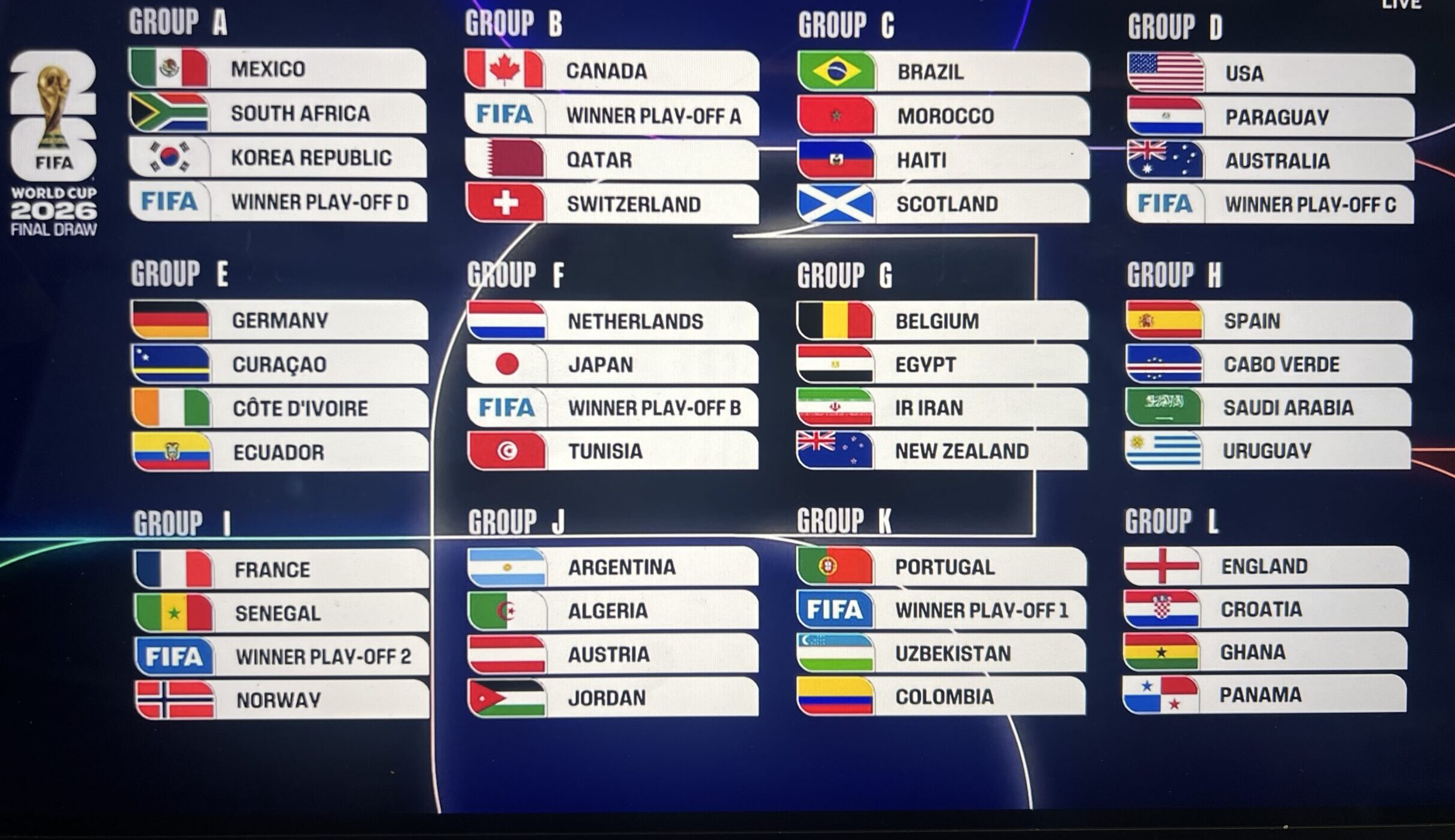By Lawrence Ostlere
Despite the controversy surrounding certain officials’ decisions and the conspiracy theories that followed, the success of South Korea on home soil provided an uplifting sub-plot to Brazil’s 2002 World Cup triumph. At every major tournament it is considered important that the host nation is successful, or at least relatively so, to maintain the event’s spirit and preserve local interest.
In 2010, however, it is not just about the host nation’s fortunes: “It is not only South Africa that is hosting the World Cup”, explains former Algerian star Rabah Madjer, “it is all of Africa. African countries will represent the continent and I really hope they can reach the second round”. Whoever it is that makes progress in the tournament from the six African nations, the whole of Africa will be behind them.
Madjer’s hopes for a side to reach the second round are more realistic than those who dare to dream that an African team can be champions of the world – “With six African teams playing, we are determined to ensure that the cup stays on this continent”, proclaimed South Africa’s President Zuma prior to the start of the tournament.
And despite the hope offered by South Korea’s remarkable story eight years ago, in Germany four years later no side from outside Europe and South America reached the quarter finals. So how are the African teams shaping up this year, and can hopes to conquer the world be realised?
South Africa’s opening game was one of mixed emotions for fans. A draw was certainly not a negative result against a talented Mexico side, but the manner of the outcome – letting the lead slip away after a terrific opening goal – evoked disappointment and may be rued come the end of the group stage. Knowing that they will need at least one win against France and Uruguay, Bafana Bafana will need all the help they can get from their Vuvuzela-toting fans to blow them into the second round.
However, the hosts have made a better start than their fellow African nations Nigeria in Group B and Cameroon in Group E. Cameroon were particularly uninspiring in defeat to Japan, with their star striker Samuel Eto’o positioned out wide, a tactic that only served to blunt their attacking threat. Nigeria are arguably better off in that they lost to Argentina, one of the tournament favourites. Their next game against Greece is far more important – the losing team will be going home. Surprisingly it is South Korea and Japan that look the most likely sides to pip Nigeria and Cameroon to qualification, as the 2002 co-hosts attempt to spoil the African party.
Algeria looked even weaker than their fellow Africans, losing to Slovenia in their opening game, and so Africa’s hopes of serious progress may rest with Ghana. Ghana are the only African side to have won a match so far, beating Serbia 1-0 with a late penalty, their main challengers to qualify behind the impressive Germans. If Ghana were to finish second, they would expect to play either the USA or England which might prove difficult, but currently this seems Africa’s best route to the quarter finals.
The sixth and final African team to begin their World Cup campaign are Ivory Coast, who will start against Portugal. Ivory Coast have arguably the strongest African squad, with players scattered across some of Europe’s top clubs, such as Barcelona’s Yaya Toure and Arsenal’s Emmanuel Eboue. However, events have conspired against them.
Drawing Brazil and Portugal in their group makes Ivory Coast outsiders to progress and adds pressure to their upcoming match against Cristiano Ronaldo’s team, which is potentially decisive. Add to this the injury to star striker Didier Drogba in a warm-up match, and it is understandable that their World Cup challenge is shrouded in doubt – knocking out Brazil or Portugal from Group G would be a major achievement in itself.
The early signs suggest Africa is not ready to realise President Zuma’s dream, despite unwavering optimism. However, history shows us that home advantage should not be underestimated – Uruguay, Italy, England, Argentina, Germany and France have all won the tournament as hosts, while South Korea proved that formidable local support can inspire the most unlikely of World Cup journeys.
Lawrence Ostlere is a freelance writer and can be reached at: lawrence.ostlere@hotmail.co.uk














